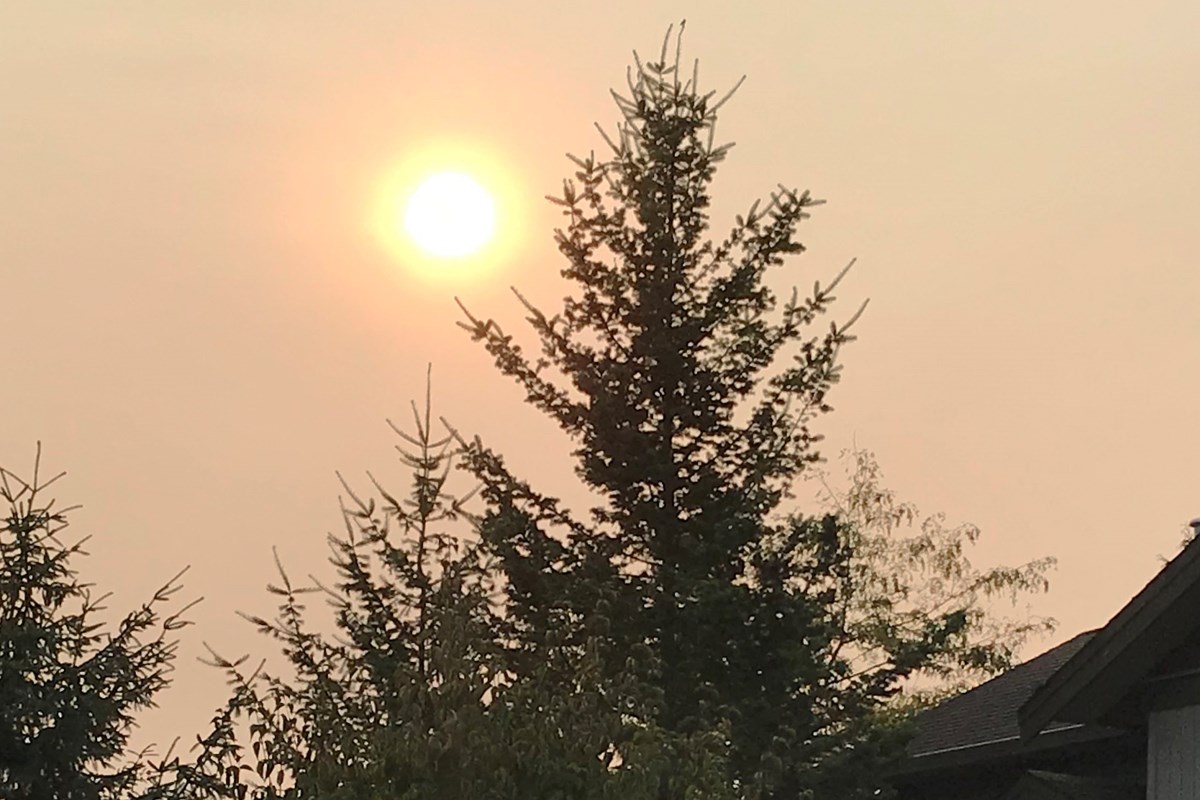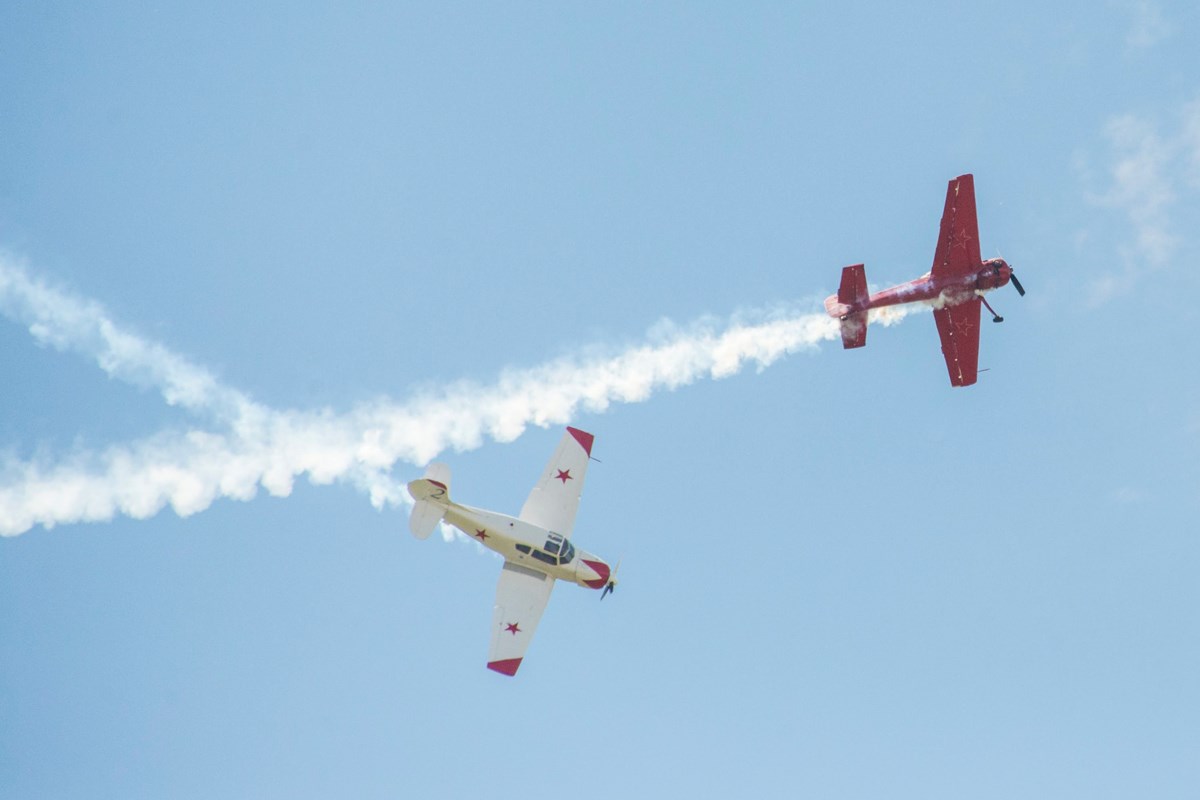
The world’s top under-17 hockey talent will be making their international playing debuts in Langley and Delta this fall.
After a two-year hiatus due to COVID restrictions, Hockey Canada’s 2022 World Under-17 Challenge returns Nov. 5-12, with games taking place at the Langley Events Centre and North Delta’s Sungod Arena.
The tournament, which features three Canadian teams and five international squads, is meant to showcase “the future stars of the game,” according to the event’s website.
“This event is the first step in Hockey Canada’s Program of Excellence and fans in Metro Vancouver will be able to watch some of the top young players in the world throughout the tournament,” Dean McIntosh, vice-president of events and properties for Hockey Canada, said in a press release Friday officially announcing the LEC and Sungod as this year’s venues.
Since its inception in 1986 as the Quebec Esso Cup, more than 1,600 NHL draft picks have played in the World Under-17 Hockey Challenge, including 21 first-round picks: Pierre Turgeon, Mats Sundin, Alexandre Daigle, Bryan Berard, Joe Thornton, Vincent Lecavalier, Ilya Kovalchuk, Rick Nash, Marc-André Fleury, Alexander Ovechkin, Eric Johnson, Patrick Kane, John Tavares, Taylor Hall, Ryan Nugent-Hopkins, Aaron Ekblad, Connor McDavid, Auston Matthews, Jack Hughes, Alexis Lafrenière and Owen Power.
Ten different countries have competed alongside the Canadian entries over the event’s history: Czech Republic, Czechoslovakia, Finland, Germany, Norway, Russia, Slovakia, Soviet Union, Sweden and the United States.
Participating countries for the 2022 World Under-17 Challenge have yet to be announced.
This year’s tournament will be the fourth time the event has been held in B.C., but the first time it will be hosted in the Lower Mainland.
Township of Langley Mayor Jack Froese said the community is honoured to have been chosen as one of the tournament’s hosts, calling it a “marquee international event.”
“We look forward to welcoming many of the top players from around the world as well as all the passionate hockey fans to witness the participating teams chase their dreams of capturing international glory,” Froese said in a press release.
“Whether it is the players or the spectators in attendance, we are sure they will enjoy their experience here at Langley Events Centre, a world-class facility that has become one of the province’s premier destinations for sports, recreation and entertainment.”
Delta Mayor George Harvie said the city is thrilled to be selected to host the best young hockey players from across the globe this November.
“Delta has a long and rich hockey history, from minor hockey to the Vancouver Giants, to being the hometown of Stanley Cup champions,” Harvie said in a press release.
“The World Under-17 Hockey Challenge continues Delta’s deep and longstanding relationship with Canada’s game, and we look forward to welcoming visitors, players, coaches and officials to Delta and, of course, watching the action on the ice.”
Cameron Hope, chief executive officer for BC Hockey, said the organization and its member partners and associations looks forward to working with the event’s host group “to provide grassroots initiatives that will remain in the local communities as a legacy in partnership with this very special international hockey event.”
The 2019 event — held in Medicine Hat, Alta. and Swift Current, Sask. — saw the three Canadian teams and one each representing Czech Republic, Finland, Russia, Sweden and U.S. play 22 games over eight days, with some games broadcast on TSN and others streamed on Hockey Canada’s website. Russia beat the Americans for gold, while Czech Republic took home bronze.
In early 2020, Hockey Canada was considering a joint bid to host the 2021 event in North Delta, Langley and Chilliwack. However, when COVID-19 hit, the pandemic forced the cancellation of that year’s tournament (scheduled to take place Oct. 31 to Nov. 7 in Charlottetown and Summerside, P.E.I.) and put future plans on hold.
The event was again cancelled in 2021 and replaced with the one-off Capital City Challenge, a six-day tournament featuring three men’s U17 teams and Canada’s national women’s team that served as part of the latter’s preparation for the Winter Olympics in Beijing two months later.
On-sale date for the World Under-17 Challenge has not yet been announced, but tickets when they become available can be purchased at hockeycanada.ca/tickets.
— with files from Tom Zillich
editor@northdeltareporter.com
Like us on Facebook and follow us on Twitter
DeltahockeyLangleyLangley Events CentreNorth Delta










